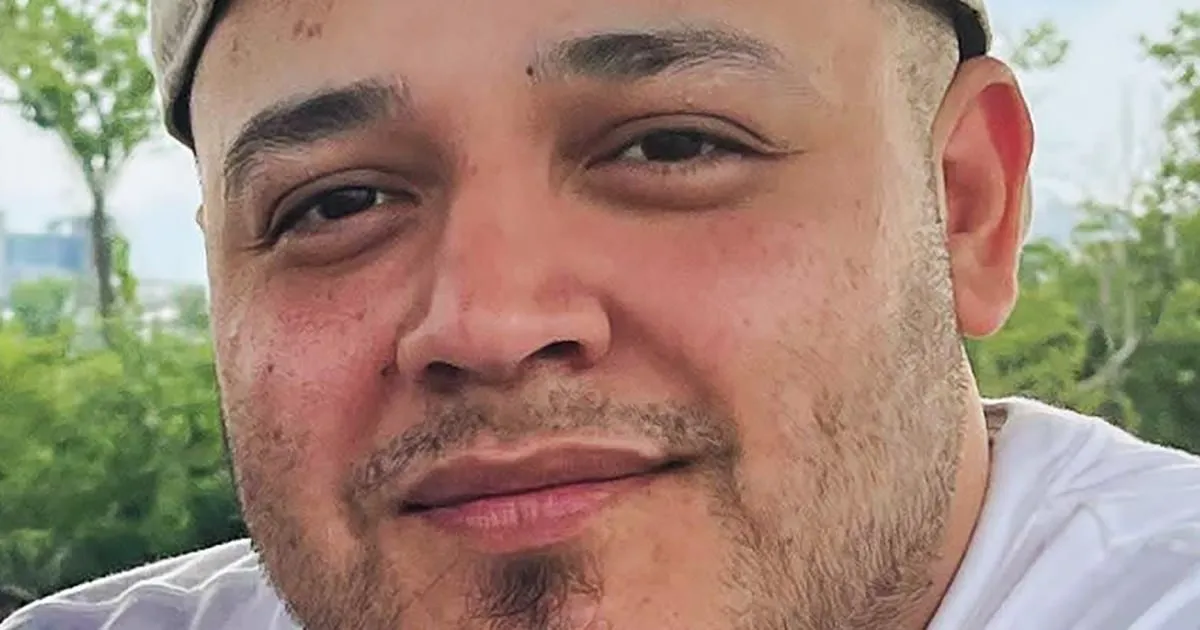
The U.S. government took significant legal action on Sunday by appealing a federal judge's order to release Kilmar Abrego Garcia while he awaits trial on serious human smuggling charges. This case adds another layer to the complex story of the Maryland father who was mistakenly deported to El Salvador under the Trump administration's policies.
In March, the Trump administration acknowledged that it had wrongly deported Abrego Garcia. Following this revelation, the Supreme Court mandated that the government facilitate his return to the United States. Upon his return earlier this month, however, Abrego Garcia faced new federal charges, including conspiracy to unlawfully transport illegal immigrants for financial gain and unlawful transportation of illegal immigrants for monetary gain. He has pleaded not guilty to these charges.
U.S. Magistrate Barbara D. Holmes of the Middle District of Tennessee emphasized the importance of due process in her opinion on Sunday. She stated, “Abrego, like every person arrested on federal criminal charges, is entitled to a full and fair determination of whether he must remain in federal custody pending trial.” Holmes assured that the court would guarantee Abrego Garcia’s due process rights throughout the legal proceedings.
In response to the ruling, the government swiftly filed a request to stay the order, seeking to keep Abrego Garcia in custody. The government argued that a stay would allow the court to conduct a thorough review of custody issues before a separate court filing is considered. Justice Department lawyers highlighted that “He will remain in custody pending deportation,” stressing that Judge Holmes’ order would not lead to immediate release into the community.
In her decision, Judge Holmes criticized the government’s use of language regarding the charges against Abrego Garcia. She pointed out that government lawyers had used the terms human smuggling and human trafficking interchangeably. While human smuggling involves aiding someone to enter a country willingly, human trafficking refers to bringing individuals into a country against their will. Holmes also noted the government's accusations concerning Abrego Garcia’s alleged involvement in transporting a minor lacked solid and specific evidence.
A hearing has been scheduled for Wednesday to discuss the terms of Abrego Garcia's release, during which federal authorities are required to produce him. However, Judge Holmes expressed skepticism about the likelihood of his release, indicating that immigration authorities might detain him immediately after due to his alleged unauthorized status in the United States. She stated that either Abrego would remain in the custody of the Attorney General or her designee pending trial under the Bail Reform Act, or he would likely continue to be held by U.S. Immigration and Customs Enforcement (ICE), facing anticipated removal proceedings that fall outside the court's jurisdiction.
The ongoing legal proceedings surrounding Kilmar Abrego Garcia underscore the complexities of immigration law and criminal charges in the United States. As the case unfolds, the implications for Abrego Garcia’s future remain uncertain, with the potential for significant consequences stemming from both criminal and immigration-related issues.